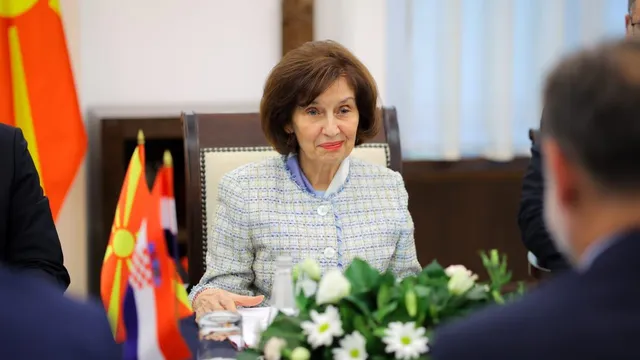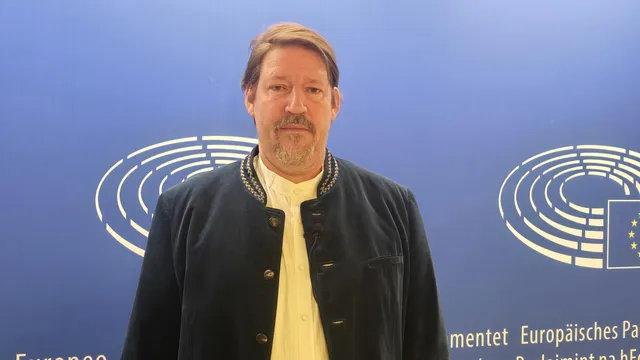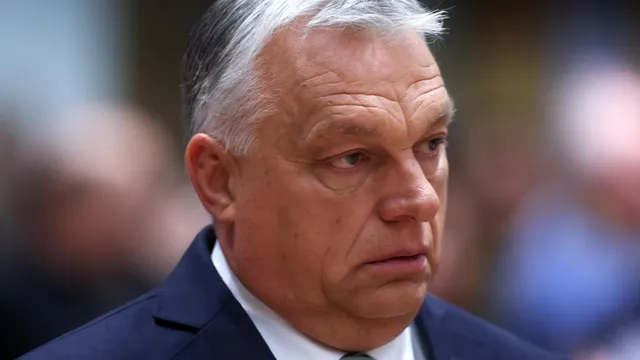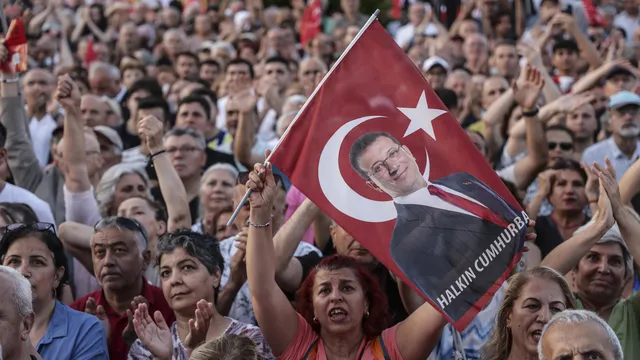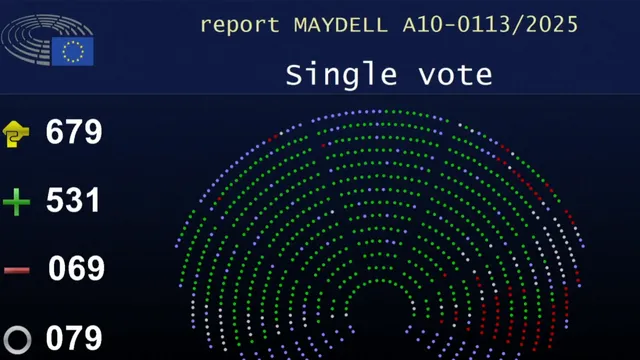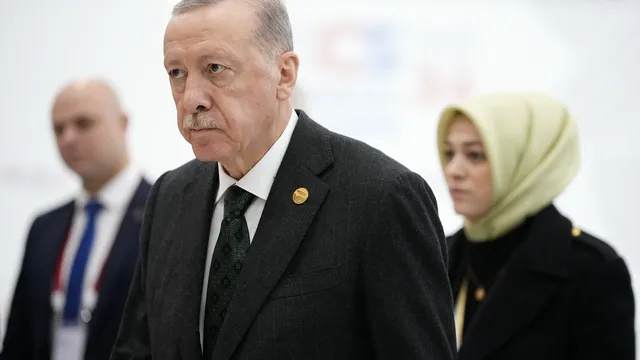“I am not shocked, although I am deeply disappointed by the nature of some amendments and even by the discussions in the European Parliament,” Siljanovska said regarding the consensus among the three largest political groups to remove the phrase “Macedonian language and identity” from Thomas Waitz's report.
"I am not shocked because there are representatives of parties in the European Parliament who are against the EU itself. Otherwise, I was pleasantly surprised by Mr. Weitz's report. He is a respected member of parliament who knows the Balkan situation well because Austria could have done the same thing with Slovenia, which is happening to us because the Slovenian constitution does not include Austrians, Croats, Bosnians, Roma... But the nature of the amendments showed that not only the world, but also Europe and the EU have a serious problem with democracy," she continued.
Siljanovska said she was surprised by the Bulgarian government's reaction to “comments on the situation in Bulgaria regarding minorities.”
"Here is what she (Bulgaria) addressed to the Council of Europe. It says that in the 2021 census, 1,143 people self-identified as ethnic Macedonians, 3,540 stated that their mother tongue was Macedonian, and 1,091 people reported that they spoke Macedonian at home. And here is what the government writes – it says that it “provides an opportunity for a voluntary process of self-identification.” Here, I would like to refer international organizations back to the censuses in Bulgaria, because phenomenal changes never happen anywhere. So let them look at the 1956 census and the 1946 census," the President of North Macedonia added. | BGNES

 Breaking news
Breaking news
 Europe
Europe
 Bulgaria
Bulgaria
